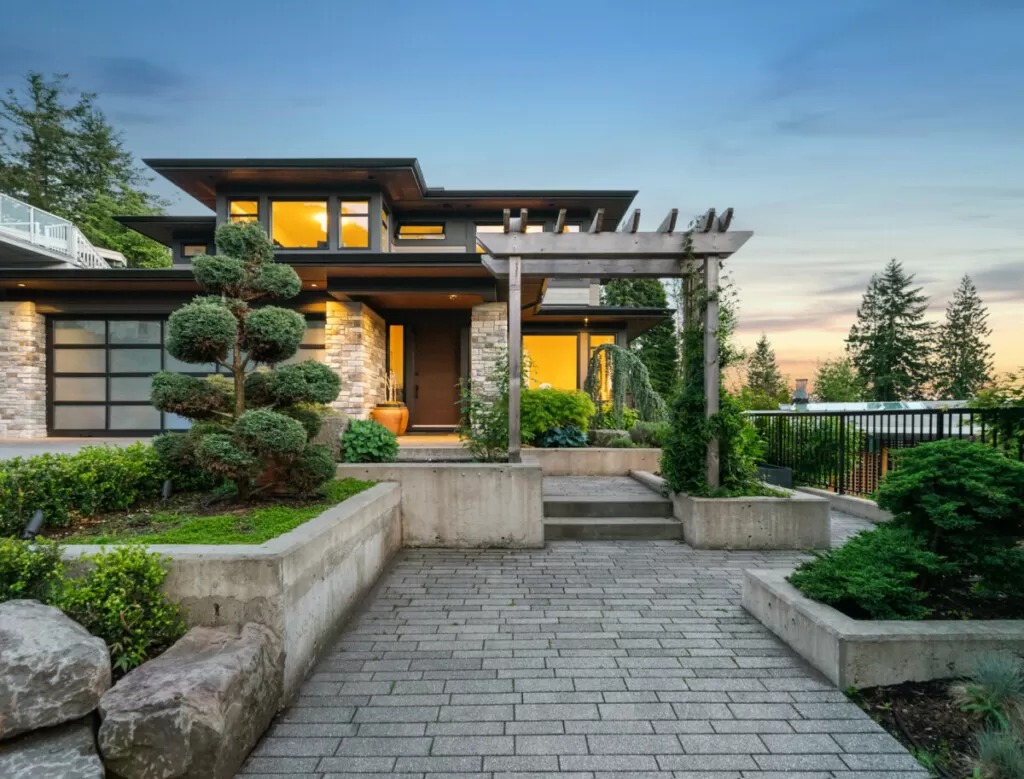The rise of short-term rental platforms like Airbnb has presented a new opportunity for landlords to earn extra income. With the potential for higher daily rates compared to traditional long-term rentals, many landlords are now considering making the switch. But is renting out your house on Airbnb really better than a traditional rental? In this article, we’ll weigh the pros and cons of each option to help you make an informed decision.
Pros of Airbnb
1. Higher Potential Income
One of the biggest attractions of Airbnb is the potential for higher income. By renting out your house on a short-term basis, you have the opportunity to charge more per night than you would with a long-term rental. This is especially true if your property is located in a popular tourist destination or in a high-demand area.
2. Flexibility for Personal Use
Another advantage of Airbnb is the flexibility it offers for personal use. As a landlord, you can choose to rent out your property only during certain times of the year while using it for personal use during other times. This is perfect for those who have a vacation home or a part-time residence.
3. Shorter Rental Periods
With traditional long-term rentals, tenants typically sign a lease for a year or more. This means that you are committed to having the same tenant for an extended period of time, even if they turn out to be problematic. With Airbnb, the rental periods are much shorter, usually ranging from a few days to a few weeks. This allows for a more flexible and easier turnover of guests.
4. Access to a Global Market
Airbnb is a global platform with millions of users from all around the world. By listing your property on Airbnb, you have the opportunity to reach a wider audience and attract guests from different countries. This can be beneficial for landlords who own properties in popular tourist destinations.
Cons of Airbnb
1. Higher Maintenance Costs
With more frequent turnover of guests, Airbnb properties require more maintenance and cleaning compared to traditional rentals. This can result in higher costs for the landlord, especially if they are not able to do the cleaning and maintenance themselves.
2. Lack of Stability
With traditional long-term rentals, landlords have the security of a stable income for a set period of time. On the other hand, Airbnb income can fluctuate depending on the demand for your property and the number of bookings you receive. This lack of stability can be a disadvantage for landlords who rely on a steady income.
3. Potential for Legal Issues
Depending on your location, there may be laws and regulations that govern short-term rentals. This can include obtaining a permit or license, paying taxes, and following safety regulations. Failure to comply with these laws can result in costly fines and legal issues.
4. Higher Risk of Property Damage
Short-term guests tend to be less invested in the property compared to long-term tenants. This can lead to a higher risk of property damage due to parties, negligence, or accidents. This risk can be mitigated by setting strict house rules and charging a security deposit, but it is still something to consider.
Pros of Traditional Rentals
1. Stable Income
As mentioned earlier, traditional rentals offer a stable income for landlords. With a lease in place, you are guaranteed a set amount of rent for a specific period of time. This can provide financial security and stability for landlords.
2. Lower Maintenance Costs
Since tenants are responsible for a longer period of time, traditional rentals typically have lower maintenance costs compared to short-term rentals. This is because tenants are more invested in the property and are more likely to report any issues or damages.
3. Less Time and Effort
Renting out a property on Airbnb requires a significant amount of time and effort. From managing bookings to cleaning and maintaining the property, it can be a full-time job. With traditional rentals, the landlord’s involvement is minimal once the tenant moves in.
Cons of Traditional Rentals
1. Lower Income Potential
The biggest disadvantage of traditional rentals is the lower income potential. Since rent is typically charged on a monthly basis, landlords are limited in how much they can charge. This can be a disadvantage for those who own properties in high-demand areas.
2. Limited Flexibility for Personal Use
Unlike Airbnb, traditional rentals do not offer the same level of flexibility for personal use. With a lease in place, landlords cannot use the property for personal use whenever they want. This can be problematic for those who have a part-time residence or a vacation home.
3. Long

